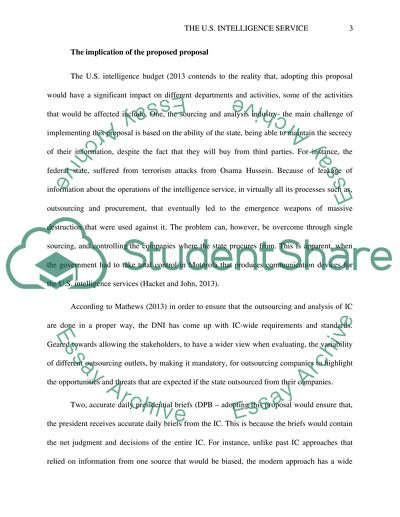Cite this document
(“A US Intelligence Service -- DNI Essay Example | Topics and Well Written Essays - 3000 words”, n.d.)
A US Intelligence Service -- DNI Essay Example | Topics and Well Written Essays - 3000 words. Retrieved from https://studentshare.org/macro-microeconomics/1666561-a-us-intelligence-service-dni
A US Intelligence Service -- DNI Essay Example | Topics and Well Written Essays - 3000 words. Retrieved from https://studentshare.org/macro-microeconomics/1666561-a-us-intelligence-service-dni
(A US Intelligence Service -- DNI Essay Example | Topics and Well Written Essays - 3000 Words)
A US Intelligence Service -- DNI Essay Example | Topics and Well Written Essays - 3000 Words. https://studentshare.org/macro-microeconomics/1666561-a-us-intelligence-service-dni.
A US Intelligence Service -- DNI Essay Example | Topics and Well Written Essays - 3000 Words. https://studentshare.org/macro-microeconomics/1666561-a-us-intelligence-service-dni.
“A US Intelligence Service -- DNI Essay Example | Topics and Well Written Essays - 3000 Words”, n.d. https://studentshare.org/macro-microeconomics/1666561-a-us-intelligence-service-dni.


